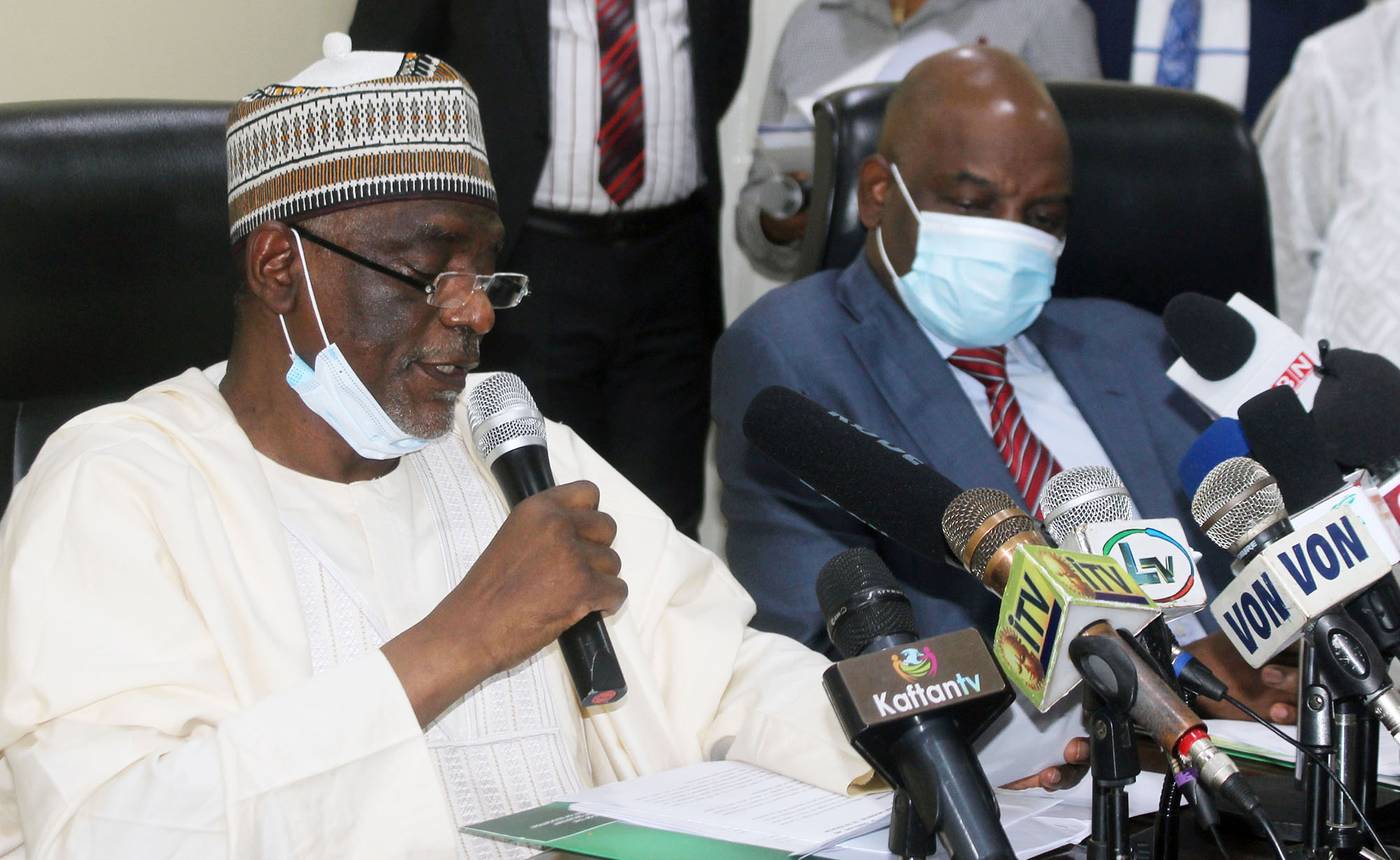Business
SEC Moves To Reduce Cost, Targets Profits In Two Years

The Securities and Exchange Commission (SEC) has unveiled plans to reduce its operating costs in order to boost profitability within the next two years.
The Director-General of SEC, Mr Lamido Yuguda, said this in a statement made available to The Tide source yesterday in Lagos.
Yuguda said the commission had been paying 25 per cent of gross revenues into the coffers of government.
He said that the total revenue paid so far by SEC into the treasury as of the end of June 2021 was about N1.5 billion.
Yuguda noted that the commission had been operating under very difficult circumstances occasioned by the coronavirus pandemic.
He explained that the commission was currently superintending over a market affected by the negative impact of the coronavirus pandemic.
The director-general said that steps were being taken to reverse the fortunes of the apex regulator of the capital market.
“If we go through the Medium-Term Expenditure Framework (MTEF) which we started last year, if we look at 2022 and 2023, you will see that we have worked on our expenditure so that by 2023, the deficit will actually turn into a surplus of N1.24 billion and by 2024 we should have N2.5 billion surplus.
“We, therefore, need the support of all to engineer the kind of transition we are thinking of at the SEC and that 30 per cent which is taking most of the staff cost is part of the set we are targeting for the early retirement programme.
“There is a lot of interest within the commission to do it but we are really short of the funds to do it now.
“We have done a lot of revenue rising drives just to ensure that the commission stays on track.
“This is something we are mindful of and we have the intent and capacity to deliver on this.”
On the high overhead costs, Yuguda explained that this was being reduced aggressively.
“It has reduced because we have since we came, aggressively looked at the overhead and staff cost and reduced certain components of our staff pay that has generated over N2 billion of savings as at now.
“If you take the MTEF numbers, as you go forward, you find that by 2024 staff cost reduces to only N5.88 billion. So that is the trajectory that we are working on,” he said.
Yuguda said that SEC had approached a number of institutions including the African Development Bank, Financial Sector Development Africa and a number of other donors to shore up resources.
This, he said, was expected to fetch a grant figure of N3.84 billion, adding that more grant was being expected in the near term to boost operations.
Business
NCDMB, Jake Riley Empower 250 Youths On Vocational Skills

Business
NUJ Partners RSIRS On New Tax Law Education

Transport
Nigeria Rates 7th For Visa Application To France —–Schengen Visa


